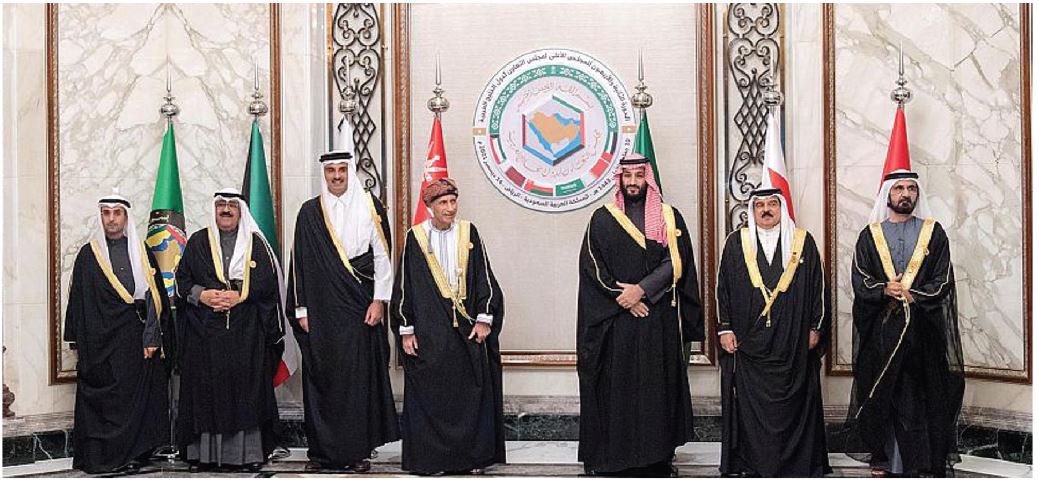The Gulf Cooperation Council (GCC) economies stand at a crucial crossroads, aiming to reach $1 trillion in non-oil exports. To realize this ambitious goal, a thorough and innovative strategy focusing on trade facilitation, technology integration, and policy reform is essential.
One transformative approach is implementing single-window trade clearance systems. These platforms simplify export processes by merging customs, licensing, and regulatory approvals into one digital interface. By eliminating bureaucratic hurdles, GCC countries can significantly cut down transaction times and costs, enhancing trade efficiency and global competitiveness.
However, reaching the $1 trillion target demands more than just quicker clearances. Investment in infrastructure, including state-of-the-art ports, logistics hubs, and digital trade corridors, is vital. GCC nations must also bolster trade agreements with international markets and diversify their export offerings to encompass advanced technology, renewable energy, and services.
Promoting private-sector involvement and innovation will be key to this transformation. By nurturing an entrepreneurial environment and providing incentives for SMEs to engage in exporting, GCC countries can stimulate sustainable growth. Additionally, incorporating ESG (Environmental, Social, and Governance) principles into trade practices can further elevate their global reputation and attract investors.
The journey to achieving $1 trillion in non-oil exports is daunting but attainable. By leveraging technology, improving infrastructure, and building partnerships, GCC economies can establish themselves as global frontrunners in trade diversification.





